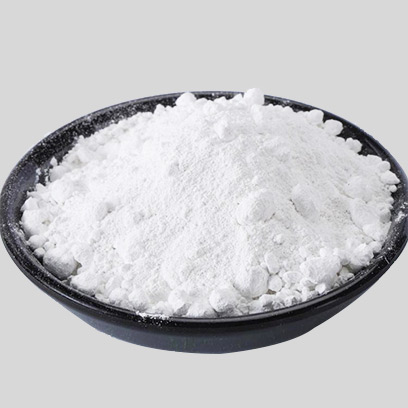
Out . 14, 2024 06:55 Back to list
pigment tio2 white powder
The Significance and Applications of Titanium Dioxide (TiO2) White Powder
Titanium Dioxide (TiO2), commonly referred to as titanium white, is one of the most widely used white pigments in the world. Known for its high opacity, excellent light scattering properties, and stability under diverse environmental conditions, TiO2 has found applications across various industries, including paints, coatings, plastics, cosmetics, and food.
The production of TiO2 typically involves two primary processes the sulfate process and the chloride process. The sulfate process, being the older of the two, involves the reaction of ilmenite ore with sulfuric acid, resulting in a complex purification process. Conversely, the chloride process, a more modern method, uses titanium feedstock and chlorine to produce high-quality TiO2. The latter is generally preferred due to the purity of the pigment and the reduced environmental impact.
The Significance and Applications of Titanium Dioxide (TiO2) White Powder
In the plastics industry, TiO2 acts as a filler and colorant, imparting whiteness and opacity to products ranging from packaging materials to consumer goods. Its chemical stability contributes to the durability and performance of these plastic products, allowing them to resist degradation from UV radiation and other environmental factors, thus extending their lifespan.
pigment tio2 white powder

The cosmetic industry also benefits significantly from TiO2. It is commonly used in sunscreens due to its ability to reflect UV rays, providing a physical barrier against the sun's harmful effects. Moreover, TiO2 plays a role in the formulation of makeup products, such as foundations, powders, and lotions, where it enhances texture and provides a smooth application.
In the food industry, TiO2 is used as a food colorant, particularly in products like confectioneries, dairy products, and sauces to achieve a bright white color. However, the use of TiO2 in food has generated discussions regarding its safety and potential health impacts. Regulatory agencies, including the European Food Safety Authority (EFSA), continuously evaluate its safety, leading to varying regulations regarding its use across different regions.
While TiO2 possesses various advantages, its environmental footprint and potential health risks have sparked significant interest in recent years. The production process, especially through the sulfate route, can lead to pollution and undesirable waste byproducts. Furthermore, concerns have arisen over the inhalation of nano-sized TiO2 particles, particularly in occupational settings. As such, a balance must be struck between utilizing this versatile pigment and ensuring environmental and human health safety.
In conclusion, Titanium Dioxide (TiO2) white powder is an invaluable resource in numerous industries, contributing to the performance and aesthetic appeal of countless products. Its unique properties make it an essential component in paints, plastics, cosmetics, and food. However, as we move forward, it is crucial to address the challenges associated with its production and use, ensuring that we uphold sustainability and safety in the quest for innovation. The continued development of alternative materials and improvements in production processes will be vital in harnessing the benefits of TiO2 while minimizing its environmental impact.
-
Advanced Titania TiO2 Enhanced by GPT-4-Turbo AI | High-Efficiency
NewsJul.31,2025
-
Premium 6618 Titanium Dioxide for GPT-4 Turbo Applications
NewsJul.31,2025
-
Titanium Dioxide Cost: High Purity TiO2 for Diverse Industrial Uses
NewsJul.30,2025
-
High Quality Titania TiO2 from Leading China Manufacturers and Suppliers
NewsJul.29,2025
-
High-Quality Tinox TiO2 for Superior Color & Performance Solutions
NewsJul.29,2025
-
High Quality Titania TiO2 from Leading China Supplier & Manufacturer
NewsJul.29,2025
